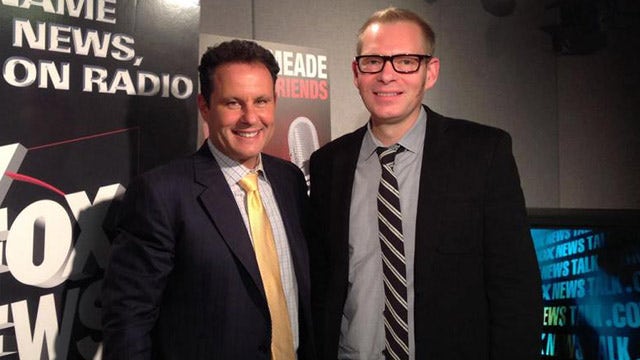Don’t hurt people, and don’t take their stuff. That’s it, in a nutshell. Everyone should be free to live their lives as they think best, so long as they don’t hurt other people and don’t take other people’s stuff.
I am not a moral philosopher, and I don’t particularly aspire to be one. But the rules for liberty are simple and straightforward. They’re blindly applied across the board, not doled out discriminately by meddling politicians and government bureaucrats. They define our actions at every level of society, from federal government to local communities, towards friends and enemies both foreign and domestic:
1. Don’t Hurt People
Free people just want to be left alone, not hassled or harmed by someone else with an agenda for their life and property. It is wrong to use force against others who have done you no wrong. Libertarians call this the Non-Aggression Principle (NAP). Don’t start a fight, but always be prepared to finish one unjustly instigated by someone else.
2. Don’t Take People’s Stuff
In our personal lives, using force to take from someone else is called stealing. But what if the stealer is the federal government? In the real world, where absolute power corrupts absolutely (hat tip to Lord Acton), there are no good government thieves or bad government thieves. There is only limited or unlimited government thievery. Stealing is always wrong, and you can’t outsource theft to a third party like the federal government and expect to feel any better about your actions.
3. Take Responsibility
The government can’t mandate compassion, they can’t outsource charity, and they certainly can’t force volunteerism. It is the individual who steps up to help our neighbors when bad things happen. It’s the individuals who work together cooperatively to defend, sometimes at great personal sacrifice, what makes America so special. This is the “I” in community.
4. Work for It
Liberty is a weight. If you have ever tried to start a new business, you know exactly what I’m talking about. The same is true for people who step up to solve a community problem or serve others in a time of need. Entrepreneurship—taking risks in an attempt to serve a need or disrupt the status quo—is a lonely venture, with failures along the way. But the infinite potential sitting around the next corner is so awesome.
5. Mind Your Own Business
How I live my own life, and how I choose to treat others, define who I will be on the day I die.
But is it my place to manage my neighbors as they work towards their own dreams, so long as they aren’t hurting other people or taking their stuff?
[pullquote]
I don’t think so.
While others may disagree with my live-and-let-live attitude, the real question is this: can the government better arbitrate our personal decisions, our values, our religion or the definition of time-tested social mores? It seems like a ridiculous question to ask of men and women who can’t even balance the federal budget.
6. Fight the Power
The fight for liberty is a burden that requires eternal vigilance. Americans have a healthy distrust of big, obtrusive government that seems to be genetically encoded in our DNA.
In fact, our system of constitutional checks and balances on separate branches of government is intended to limit a monopoly on power. But notice it’s not about finding a better benevolent dictator to use power for the “right reasons.” The problem lies within the unchecked authority itself, not the person using it.
There is a renewed and heated debate about the future of America going on right now.
Government is broken, and the professional political class is too busy squabbling to fix it. The president is fighting with Congress. Democrats are fighting with Republicans. Conservatives are fighting with progressives.
But when you get past the name-calling and finger-pointing, the solution forward is simple: Do you believe in the freedom of individuals to determine their own futures and solve problems voluntarily working together?
Or do you believe that a powerful government run by people who believe they’re more capable than you are should rearrange outcomes and define the future for us?
It’s time for you and me to get involved, to figure out what exactly the rules are, and to set them right again.
Editor's note: Adapted from Matt Kibbe’s latest book, "Don’t Hurt People and Don’t Take Their Stuff," available April 1.









































